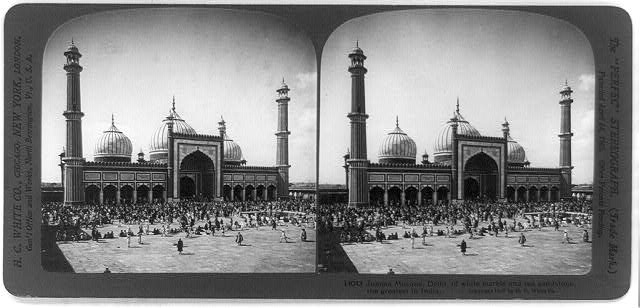The Bigotry of Hindu Sexual Science: Tracing the Colonial Roots of the Sexual Stigmatization of Muslims in India

be traced back to the racist as well as communal discourse of colonial sexology. I argue that the racial fetishization of non-Western sexualities by British as well as German sexologists was appropriated by authors of popular sexology works in 20th century India to construct a sexually normative “Hindu race” which was contrasted with the deviant Muslim “other.” Existing scholarship, particularly the work of historian Ishita Pande has focused on the Hindu nationalist pamphlet, Rangila Rasul (The Colorful Prophet) published by the Arya Samaj in 1927, which exemplified how sexology was appropriated by Hindu nationalists to pathologize Muslim sexuality particularly with respect to child marriage.
My paper will use the Rangila Rasul controversy as a starting point to delve deeper into revealing how the sexual pathologizing of Muslims borrowed heavily from the racist sexology of Orientalist figures such as Sir Richard Francis Burton, which also influenced the opinions of Western and Indian sexologists. The paper will show how sexologists writing in English, Hindi and Bengali constructed a sophisticated past for Hindu sexual science centered on the Kamasutra while the Islamic sexual knowledge traditions such as the lazzat-ul-nissa were ignored. Moreover, pathologized sexual practices such as homosexuality and anal sex were considered alien to India and associated with Muslims, reinforcing their sexual stigmatization.

